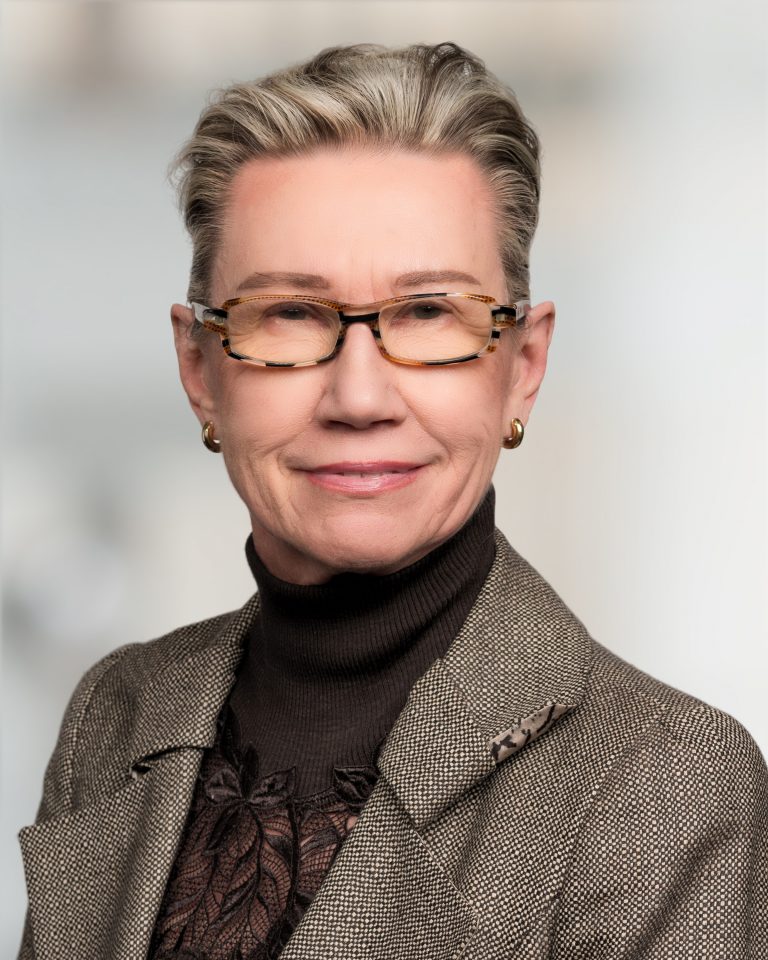Xmas Newsletter
Academia Europaea 2024
Marja Makarow#
Dear Academia Europaea Community,#
This is the last time I address you, as my 3-year mandate as President of Academia Europaea ends at the end of this year. It has been an enormous privilege and honour to serve the intellectual powerhouse of Europe, you our members, and thereby the European research area.
While the specific activities of our Classes, Sections, Task Forces and Regional Knowledge Hubs are highly appreciated, let me highlight some of the academy-level achievements of the past three years. A major effort was the establishment of a new entity to be hosted in Munich by the Ludwig-Maximilian University. The entity serves as the Head Office and Seat of Academia Europaea from this year, in tandem with our London Head Office, until such time that all tasks are successfully moved to Munich and our long-standing Executive Secretary, London, David Coates retires fully. The Munich entity is led by our Vice-President Donald Dingwell, while Friederike Brandthaus serves as Executive Secretary, Munich.
The London office has served AE in an outstanding manner. Nevertheless, we are all in general agreement that we need to have our seat of operations located in an EU Member State. This also ensures our participation in and co-ordination of EU-funded projects, such as SAPEA (Science Advice for Policy by European Academies), which is part of the Science Advice Mechanism of the EU. I hereby invite our members who undertake projects in the context of Academia Europaea to take advantage of the funding opportunities that the EU Frame-Work Programmes offer.
of the EU. I hereby invite our members who undertake projects in the context of Academia Europaea to take advantage of the funding opportunities that the EU Frame-Work Programmes offer.
Our science advice activities in SAPEA, together with our fellow associations and networks therein, have been very successful. During the last 3 years, six Evidence Review Reports have been published and supported the European Commission’s policy-makers’ decisions. According to impact analysis, the SAPEA Reports have been referred to in over a hundred official legislative documents of the EU and national governments, as well as in publications of European Agencies and international bodies such as OECD and WHO. The current SAPEA project is ending and will be followed by SAPEA 2025-2029, the funding of which has been secured by the European Commission .
.
This year, we extended our science advice activities from the EU to the global level by joining S20, the science advice body for the Heads of State of the G20 countries. As you know, the G20 members are the world’s 19 strongest economies together with the African Union and the European Union. S20 consists of the national academies of those 19 countries. So far, the EU has had no academy in S20, but from 2024 on, Academia Europaea has the honour of representing its scientific voice.
countries. As you know, the G20 members are the world’s 19 strongest economies together with the African Union and the European Union. S20 consists of the national academies of those 19 countries. So far, the EU has had no academy in S20, but from 2024 on, Academia Europaea has the honour of representing its scientific voice.
The mission of G20 is to find solutions to global challenges, and S20 provides the latest scientific knowledge to support the G20 decision process. The topics of the 2024 recommendations are Artificial Intelligence, Bioeconomy, Energy Transition Process, Health Challenges and Social Justice. Our Board invited five MAEs to the Task Forces drafting the S20’s recommendations to the G20 Summit that was held on 18-19 November in Rio de Janeiro. I wish to thank all MEAs and staff members who have contributed to the science advice activities in the context of SAPEA and S20.
Our Regional Knowledge Hubs in Barcelona , Bergen
, Bergen , Budapest
, Budapest , Cardiff
, Cardiff , Tbilisi
, Tbilisi and Wroclaw
and Wroclaw are thriving, delivering added value for Academia Europaea and their cross-border regions. Several of them have recently renewed their academic leadership and host institution.
are thriving, delivering added value for Academia Europaea and their cross-border regions. Several of them have recently renewed their academic leadership and host institution.
During the last 3 years, our membership has grown with unprecedented numbers. In 2022 - 2024, a total of 1078 new members were selected, bringing our membership to a total of 5541. The main selection criterion remains scientific and scholarly excellence. However, we signed, together with some 800 European research organizations, funding agencies and academies the principles of CoARA (Coalition for Advancing Research Assessment). According to them, the focus in assessment of researchers and their proposals is based primarily on qualitative indicators, while quantitative metrics such as citations, impact factors and attracted funding are used only to support the assessment of the quality of the substance. This year, these principles were used for the first time in assessing the MAE nominations, allowing e.g. unconventional career pathways and representatives of the younger researcher generation to be acknowledged in the selection.
I wish to thank all of you for your trust and collaboration. Allow me to name just those, with whom I have worked on a regular basis, the Board members, the Head Quarters’ staff, the Knowledge Hubs’ leaderships, staff and host institutions, the Graz Information Centre, the Independent Advisory Group, the HERCulES Group, the Editor-in-Chief of the European Review, as well as the Young Academy of Europe and the Board and staff of SAPEA.
and the Board and staff of SAPEA.
I wish you a pleasant and relaxing Christmas Season and a successful New Year,
Marja Makarow
President of Academia Europaea 2022-2024


